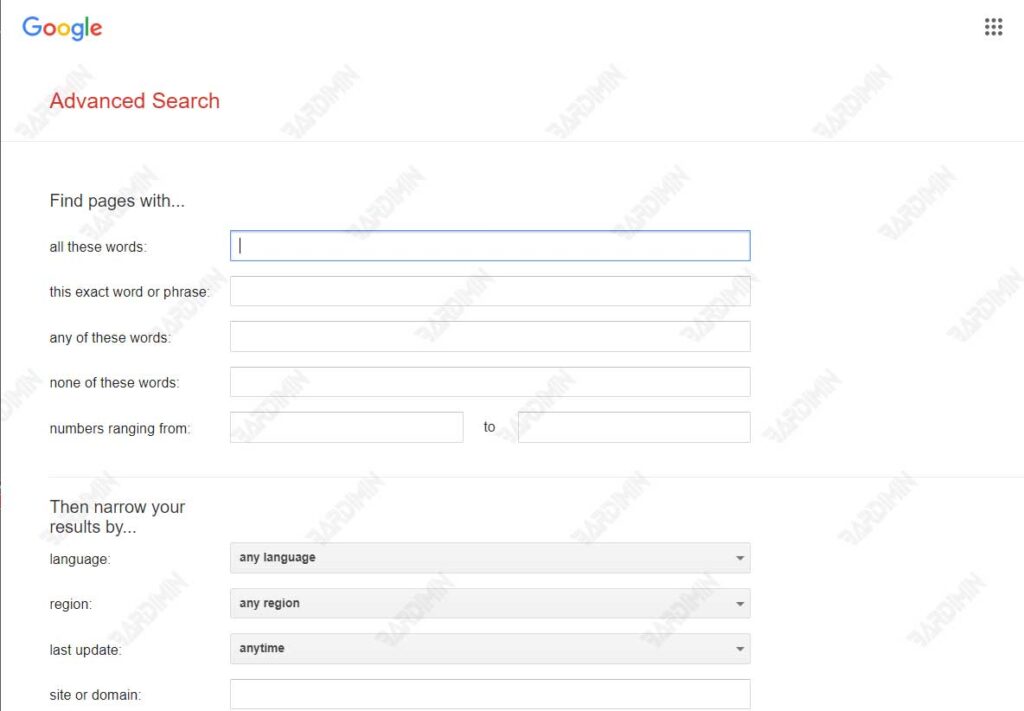Undoubtedly, Google is the leading search engine for diverse and comprehensive searches on the internet. However, most people don’t know how to make optimal use of it.
The Google search engine is a very great resource to facilitate and enhance one’s online research efforts. Google’s search capabilities go beyond conventional keyword searches, not only encompassing online content but also surpassing the capabilities of its developers.
The usual thing for users to do is to enter some keywords and see the results given. Unfortunately, with over three billion pages cataloged by Google’s search engine, this technique continues to provide challenges when trying to filter out more specific search results.

There is limited knowledge on how to maximize the potential of the system beyond the basic use for conducting basic searches that are not widely understood among the public. Acquiring the skill of utilizing the search engine, Google can provide a person with a much wider range of information than imagined.
In this article, Bardimin will guide strategies and techniques that can effectively reduce search time and improve the provision of optimal solutions to a wide variety of questions.
Utilization of syntax search tricks.
The use of different syntax can be considered an appropriate way to tell Google to limit the scope of the search to certain components or attributes of an online page. Google provides a comprehensive collection of lexical components, known as syntactic elements, available at www.google.com/help/operators.html.
Page Title Search
Adding theterm “intitle:“ at the beginning of a query word or phrase will limit your search results to only the Web page title.
If you type “intitle:Bardimin“, Google will only show web pages that have titles with the word Bardimin.
Page Content Search
If”intitle:” will limit the search to the page title, you can instead use “intext:” to perform a text search on the body text, ignoring the title, links, and so on.
“Intext:” is perfect for finding the meaning of a term. If you’re looking for HTML terms, type”intext:html”.
Page Link Search
“Link:” lets you see which pages link to your Web page or to other pages you are interested in.
For example, try typing “link:Bardimin.com”, Google will show you all pages that have links to Bardimin.com pages.
Limiting Search to a Domain / Website
You can limit your search to a domain or website byusing “site:”. If you type “window site:bardimin.com“, you will see all the articles about “Windows” on the Bardimin.com website.
Search for files of a certain type
You can search for document files (such as pdf, docx, xlsx), images (such as jpg, png), and many more by using”filetype:”.
If you type “windows filetype:pdf”, Google will display all pdf files that have content about “Windows”.
Search Exact text
Put the word or phrase inside quotation marks. For example, “error code 0x000007″.
Suggestion
To get better results in Google searches. You can combine multiple search codes. If you type “intitle:windows site:bardimin.com“, Google will display all articles that have the title “Windows” on the “Bardimin.com “ website.
Experiment with combining different elements; You will develop several strategies to find what you want more effectively.
Advanced Search
The advanced features of Google’s search system are valuable tools for conducting in-depth research on a particular subject. This web page provides a wide range of instruments to get more specific results. Advanced features can be accessed at the URL: https://www.google.com/advanced_search.

Apart from the codes mentioned above, you can use more authority and accuracy over search results through the utilization of the Advanced Search interface. This wide range of instruments facilitates visitors in describing their criteria through diverse mechanisms.
Examples of customization options include the ability to direct attention to specific regional locations, enhance real-time updates, and enter specific numerical ranges such as dates or designated websites.


